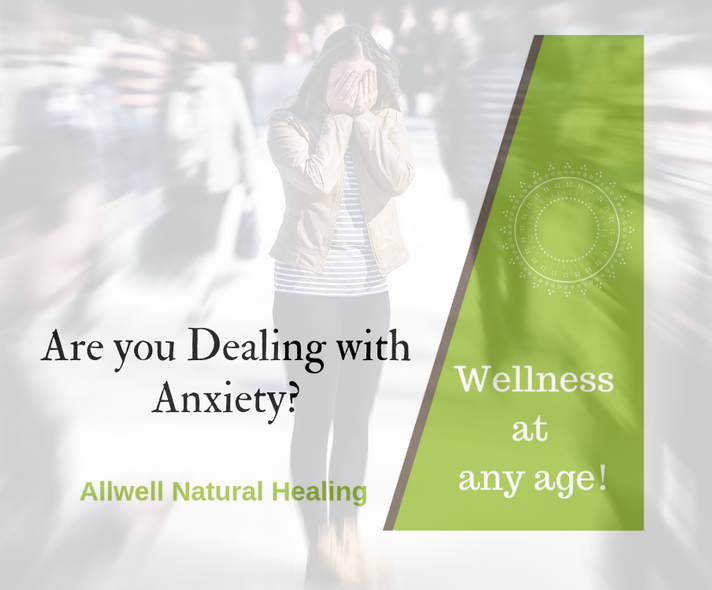Whilst 6 million people make up a large part of the population, anxiety is experienced at different time points for different people and can be a perfectly normal response to a one-off stressful period or worrying event.
However, for some, anxiety can persist and become a chronic mental health condition. In this instance, the triggers for chronic anxiety are multi-factorial, encompassing genetic predisposition, work stressors, traumatic life events, family or relationship issues, abuse, and physical disease. Personality traits of low self-esteem and/or perfectionism can also predispose individuals to experience anxiety.
When dealing with anxiety you may experience several physical sensations such as:
-
Heart racing
-
Faster breathing
-
Neck, shoulder and back aches
-
Shaking
-
Sweating or dizziness
-
The feeling of ‘butterflies’ or feeling sick in the stomach
-
Constant worrying
-
Trouble concentrating
-
Withdrawing from contact with others
-
Inability to relax
-
Difficulty sleeping or waking through the night
Therefore, the key to reducing or eliminating anxiety lay in addressing these underlying causes. However, making life changes or processing large emotions can often take time, and aren’t always possible to rectify right away.
So, what can you do each day to reduce your symptoms and boost your ability to cope in the moment? In these instances, it can be important to amass some tools that will help to manage and reduce your symptoms.
When managing anxiety, it is important to work on good self-care. Try eating well, getting enough sleep and exercising regularly to help with your overall mental health and well-being. Limit your use of drugs and alcohol, although they may feel good at the time, they will not be benefiting you long term.
It’s also a good idea to talk about how you are feeling – whether it’s through a family member, friend or mentor. Talking to someone may help you understand what is going on.
Be aware of your though patterns, are you stuck in thinking negatively in most situations? How is your self-talk? These negative thought patterns may contribute towards the feelings of anxiety. Being aware of your thinking patters may help you recognise your triggers and guide you towards new ways of coping.
Work on some breathing techniques, controlled breathing is a good way to reduce erratic breathing and prevent hyperventilation, there are some great apps available that you can download and turn on when you are faced with an anxious situation. Breathing from your diaphragm, rather then your chest will also safeguard against hyperventilation. Pop your hands on your belly and feel it expand in and out as you breathe, to help slow breathing.
Mindfulness can guide your attention back to the here and now and prevent you from getting caught up in negative, stressful thoughts.
Meditation has also been shown to be extremely beneficial in managing stress and anxiety.
Beginning a regular yoga practice will not only be beneficial for your mind but for your body as well.
Journal, daily journaling and other forms of writing can help some people cope better with anxiety. A 2011 study, found that gratitude journaling and stress management journaling gave students a heightened level of meaningfulness and engagement in the classroom.
Exercise promotes chemicals in the body that help promote relaxation and is a great way to burn off anxious energy.
Work on some time management strategies if these are a trigger for your anxiety. Have a plan in place to help you focus on one task at a time. Online calendars and planners may be beneficial, there are also some apps that can be downloaded that will help block particular sites from distracting you during focused work time.
Aromatherapy oils are wonderful in helping ease stress and anxiety. You can diffuse certain oils like Lavender for example or rub a little around your temples or even leave a few drops on your pillow for when you go to sleep to help promote relaxation.
Spend time with animals, pets offer companionship and unconditional love. Pets have been shown to be beneficial for many health issues, including anxiety.
Get back into nature, take a walk through a rainforest, or along the beach letting your feet sink into the sand. Take in the sights, sounds and smells, it is amazing how getting outside can make you feel calmer and more relaxed.

